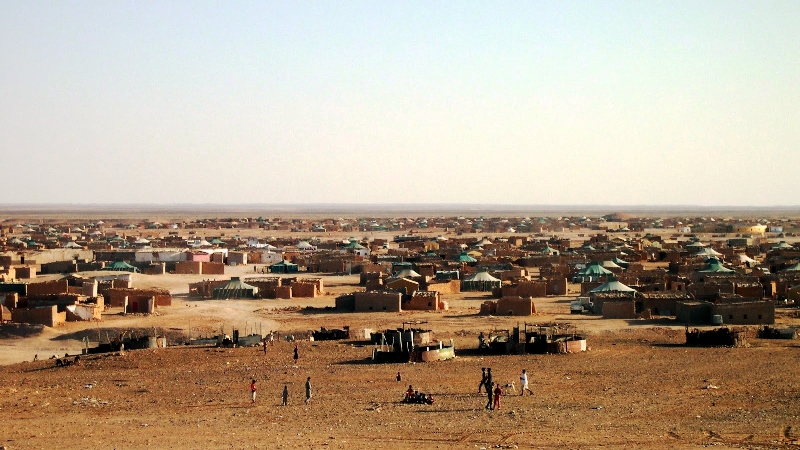Canada: Fate of Sahrawi Children Kidnapped from Tindouf To Cuban Camps Highlighted
The fate of the thousands of Sahrawi children kidnapped from Tindouf, Algeria, to Cuban camps was at the center of a virtual meeting organized by the Think Tank Polisens in Ottawa, in the light of the “Vancouver Principles on Peacekeeping and the Prevention of Recruitment and the Use of Child Soldiers”.
During this meeting, which took place on Monday on the occasion of the International Day against the use of child soldiers (February 12), the human rights activist and member of the Royal Advisory Council for Saharan Affairs (CORCAS), Al-Saadani Maa Al-Ainain, gave a moving testimony about her forced displacement, in the company of other children, at the age of 9 to Cuba where she remained without any contact with her family for 18 years. Saadani Maa Alainine also spoke of the systematic violations of human rights that occur in the Tindouf camps.
In the same vein, the director general of the Montreal Institute for Studies on Genocide and Human Rights at Concordia University, Kyle Matthews, affirmed that investigations carried out by his organization on the camps of Tindouf had exposed the atrocities taking place in the Tindouf camps in relation to child soldiers. For his part, Professor Abdelkader Filali, president of the Polisens group, said that the more than 8,000 children, who have been abducted and subjected to military and ideological training since 1982, represent a unique case for researchers.
He explained that neither international human rights organization, nor the Algerian state or Algerian civil society have contributed to the rehabilitation of these children who might join terrorist organizations active in the Algerian Sahara and Mali. The event was also attended by the Executive Director of the Dallaire Institute for Children, Peace and Security in Halifax, Nova Scotia (eastern Canada), Shelley Whitman, and the lawyer and professor of international law at the American University of Washington, Elizabeth Meyers.

